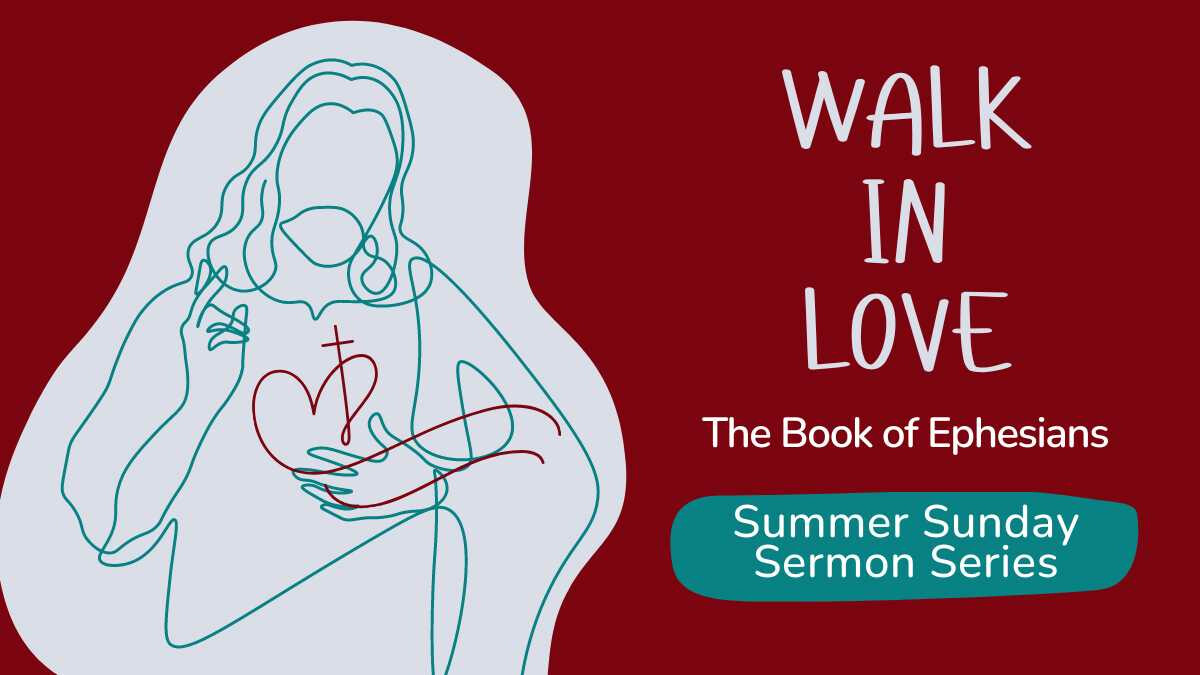
Day 10
“I pray that the eyes of your heart may be enlightened, so that you will know what is the hope of His calling, what are the riches of the glory of His inheritance in the saints, and what is the surpassing greatness of His power toward us who believe. These are in accordance with the working of the strength of His might which He brought about in Christ, when He raised Him from the dead and seated Him at His right hand in the heavenly places, far above all rule and authority and power and dominion, and every name that is named, not only in this age but also in the one to come.” Ephesians 1:18-21
Paul shared his sincere desire for the church in this pastoral prayer. He had helped establish the churches in Asia Minor and now, as a prisoner of the Roman Empire, ministered to them from a great distance. Paul’s letters provided necessary encouragement and theological support, but Paul also pursued God through his prayers for these churches. In the New Testament, there are several examples of the types of prayers by the apostles for the various churches. These models of how to pray for the church grant to the modern reader a sense of the priorities that should be resident in our own prayers.
In verse 17, Paul opened his prayer by requesting wisdom, revelation, and knowledge. The maturity and growth of this early church hinged on their mental and spiritual development. They needed to know God and all about what God had done for them. In the second half of this prayer, verses 18-19, we see that the knowledge and wisdom Paul sought for the church was not merely intellectual but a knowledge of the heart. “I pray that the eyes of your heart may be enlightened.” That is odd language without an understanding of the poetic nature of his prayer. Hearts do not have eyes. However, poetically we understand that Paul wanted the church to make decisions based on what they knew.
The heart functions in biblical and romantic language as the seat of our emotions. In biblical language, the heart describes the center of individual’s motivation. Paul distinguished the mind from the heart while also linking the interplay between the two. What we know drives how we feel. How we feel drives the focus of our mental activities. Paul distinguished the mind, the things we know, from the heart, the things that drive us. Paul desired the church at Ephesus to know deep and profound things about God. However, Paul wanted that knowledge to penetrate deep within the recesses of the heart of the believer.
“So that” provides us with the desired outcome. Paul prayed for the church to have knowledge and that this knowledge would sink deep into the mind and heart of the individual with the outcome, “hope.”
The word “hope” functions a bit differently for us in modern English parlance. “I hope I passed my test.” “I hope my team wins.” “I hope I get a raise.” Some of our hoping is based on the reality of our circumstances and sometimes our hope is based purely on the uncontrollable situations all around us. In this case, Paul’s hope and the hope that he longed for us to know came from the certainty that he found in God. God’s triune work of salvation brought to individual believers with the future inheritance in mind, produces a real hope, a hope that is absolutely certain.
It is the character of God Himself that allowed Paul to pray this with such confidence. “These things are in accordance with…” the God who brought Jesus back from the dead. Jesus Christ now reigns over all of heaven and earth. He is Lord. He is preparing us a place where we will be with Him forever. His resurrection demonstrates the power of God to accomplish all of this. Let us have hope then, based on our understanding of these things.
Suggested prayer: Lord, give me a clear understanding of Your work in salvation. Let me know in both mind and heart the depth of Your love for us and the purposeful plan You are bringing about for our eternal future, our eternal hope.



Login To Leave Comment